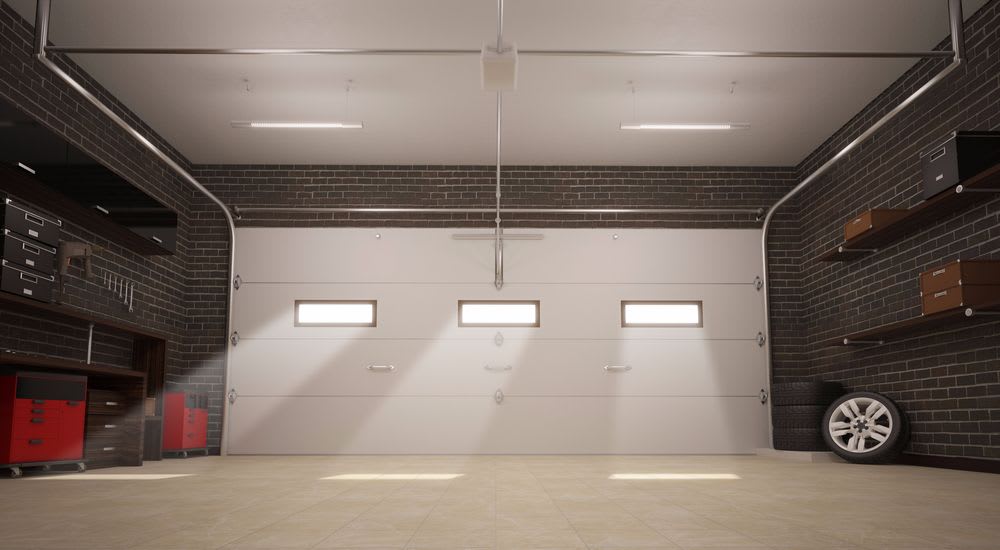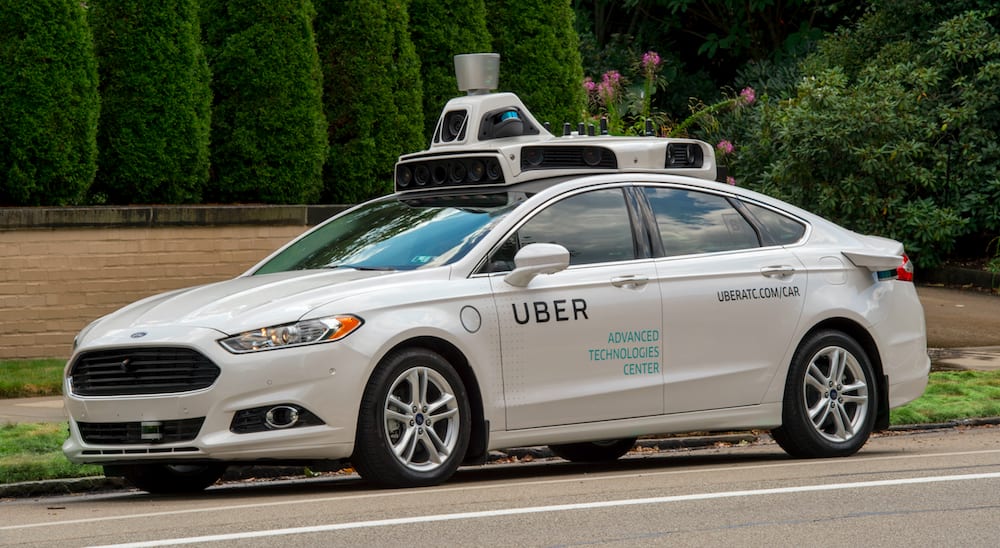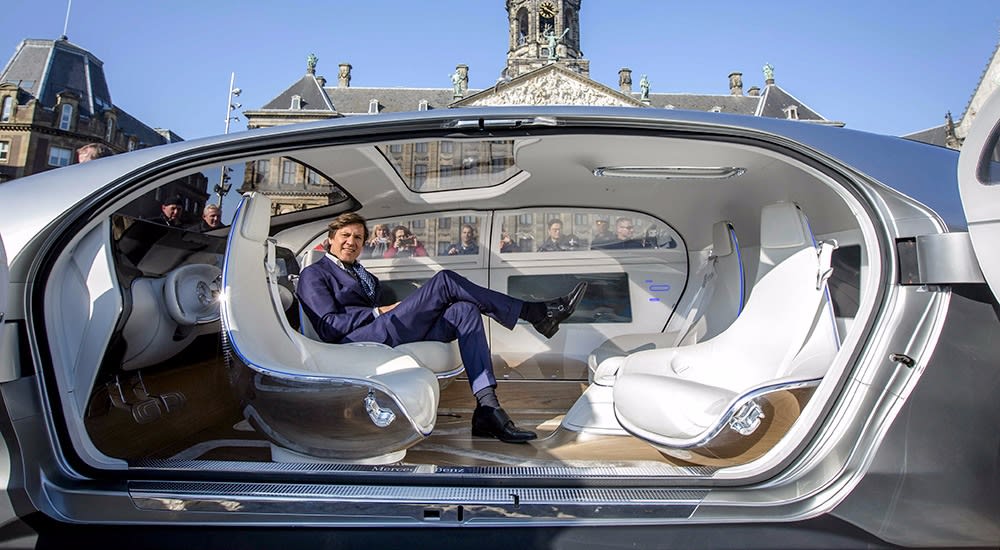According to Brad Templeton, a prominent member of the Electronic Frontier Foundation, self-driving cars will change the world. You’re probably thinking, “I’ve heard that before,” but it is no idle boast. Self-driving cars will impact the future. In addition to saving energy and lives, self-driving cars could transform the real estate scene.
The Ever-Increasing Sprawl
The development of the American interstate system resulted in a major shift from urban to suburban living. Millions of people moved away from large cities into the relative peace and quiet of the suburbs. However, there is a price to pay for this comfort. Commuting to and from the city is a nightmare for the hundreds of thousands of U.S. workers who spend over three hours commuting every single workday.
Self-driving cars will make the commute more pleasurable and allow commuters to utilize the time spent in a vehicle productively, creating more incentive for people to move away from cities. The result suggests the potential for falling prices in central urban areas, while properties in the suburbs would then increase in value.
Say Goodbye to the Garage
At present, the need to park our cars means the addition of up to 400 square feet (on average) to a property; of which can’t be used as living space. Self-driving cars will eliminate the need for garages. According to research by McKinsey, the combination of self-driving vehicles and ride-sharing will reduce the space allocated to parking by up to 25 percent. The result is 61 billion square feet of extra living space around the country.


In fact, some real estate developers are already taking this inevitable change into account when designing buildings. For instance, the floor-to-ceiling heights in garages are increasing to make it easier to renovate existing parking spots for residential or office use at a later date.
Less Traffic on the Roads
Commute time might fall as fewer city-dwellers means less traffic. The prediction of a reduction in the number of vehicles on the road is already becoming a reality. Take for example Uber’s initiative in Pittsburg, where there is already a group of self-driving Uber cars on the roads and the company’s CEO believes the company’s entire fleet will be driverless by 2030.
An advantage of purchasing a self-driving car is the ability to utilize and profit off of it, even if you’re not the passenger. For example, you could make extra money by acting as an on-demand cab service like Uber or Lyft. People will use an app to arrange a ride and use your hi-tech vehicle to do the work, essentially allowing you to make money while you sleep!


Photo Source: Newsroom Uber
As far as the real estate market is concerned, the impact is obvious. As mentioned above, cities will organically expand away from the center without dismantling our daily lives. This will be great for commercial real estate developers as they can profit by building shopping centers to meet the needs of the increasing number of suburban consumers.
Parking Space Reduction
The other obvious change is the significant reduction in available parking spaces around the United States. At present, parking lots cover approximately one-third of the land area in many major American cities. The popularity of self-driving cars will ensure the elimination of a large percentage of parking spaces in areas where space is needed to be convenient for the driver. Real estate developers can then reclaim the land for economic or social purposes, and optimize prime housing opportunities.
Developers will find it easier to gain approval from local governments in a variety of projects because they won’t necessarily need to provide parking space to new residents. Homeowners will be delighted to learn that they can benefit from an increased amount of communal space within their neighborhood.
Some American cities are better placed to reap the rewards of this benefit than others. For example, the Adaptive Reuse Ordinance of the 1990s encouraged the development of vacant commercial buildings into housing, and these properties were exempt from the usual minimum parking requirements in Los Angeles. In Boston’s Government Center, a parking garage with space for over 2,100 vehicles will be replaced by a pair of luxury towers. The number of parking spaces is set to reduce to 600.


Photo Source: Investors
Final Words
A future with self-driving cars is no longer a fantasy; it is imminent. As well as changing the way we travel, the phenomenon will completely alter the way we live. No longer will we have to spend frustrating and wasteful hours in traffic commuting to work; self-driving cars will reduce city traffic, boost suburban development and even reduce road rage! The real estate market will likely change dramatically as developers face the challenge of fulfilling the needs of America’s growing suburban population, and find more infill space in city centers.